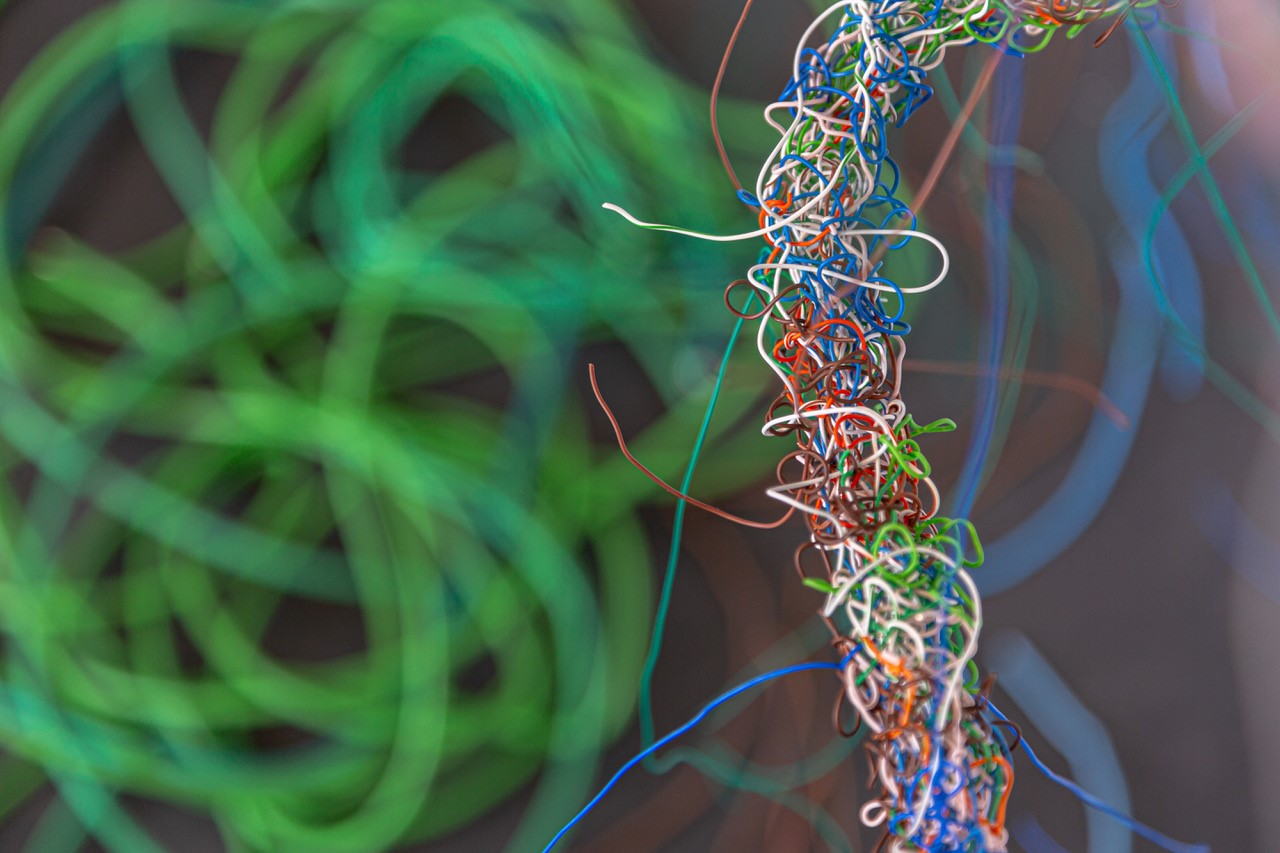What will you learn? - Fine Art - Master's Programme
What will you learn?

We consider learning and un-learning a shared responsibility of both students and faculty. Through project based thinking and reframing exercises, we support students in developing a professional artistic profile by familiarising them with international research projects and their framework conditions. Since KiT leads and develops a wide range of timely, externally funded arts research projects that are designed as creative, investigative and innovative responses to the multifaceted challenges we face, experience and expertise is built up that feeds back into the learning environment.
As many of the MFA students in the program come with undergraduate degrees or work experience from diverse fields they can enrich perspectives of artistic research in peer-to-peer activities. Students might become not only agents of transformation in the art world but working with the private and public sector and taking positions in academia.
The international MFA program teaches a world oriented, transversal curriculum. The program requires English with an internationally recognized certification for all students and offers students and teachers mobility via exchange programs (KUNO/ Erasmus).
Students on the international MFA program have access to studio spaces, collaborative workspaces, audio/visual production facilities and technical support.
Teaching language of all courses is English
